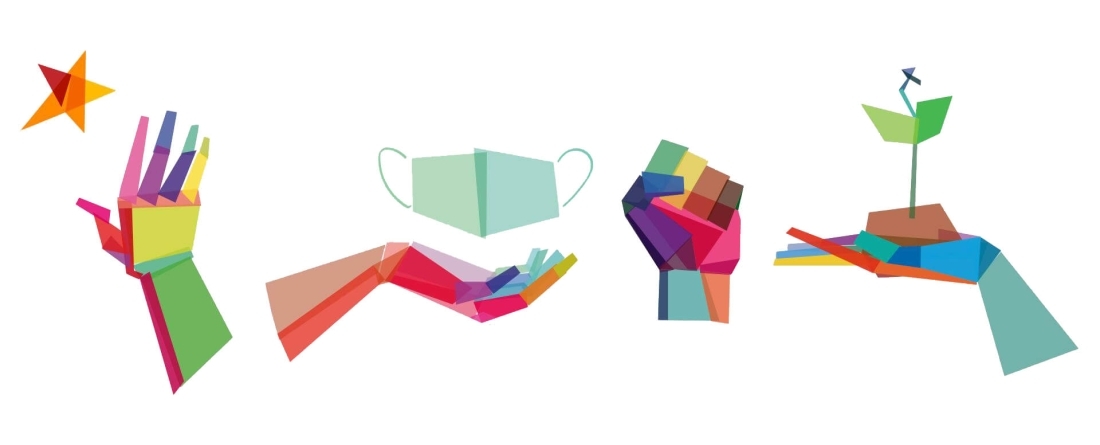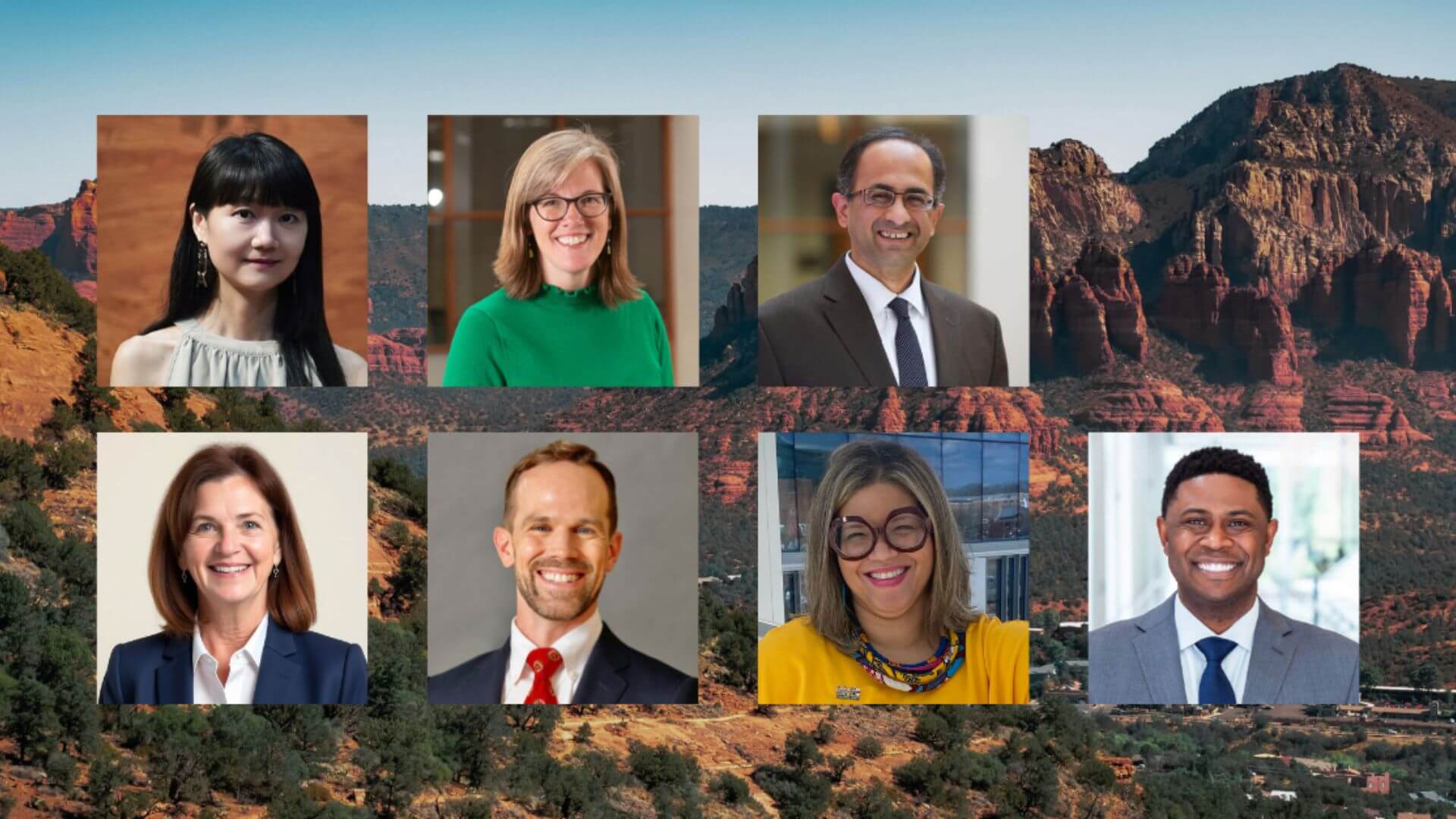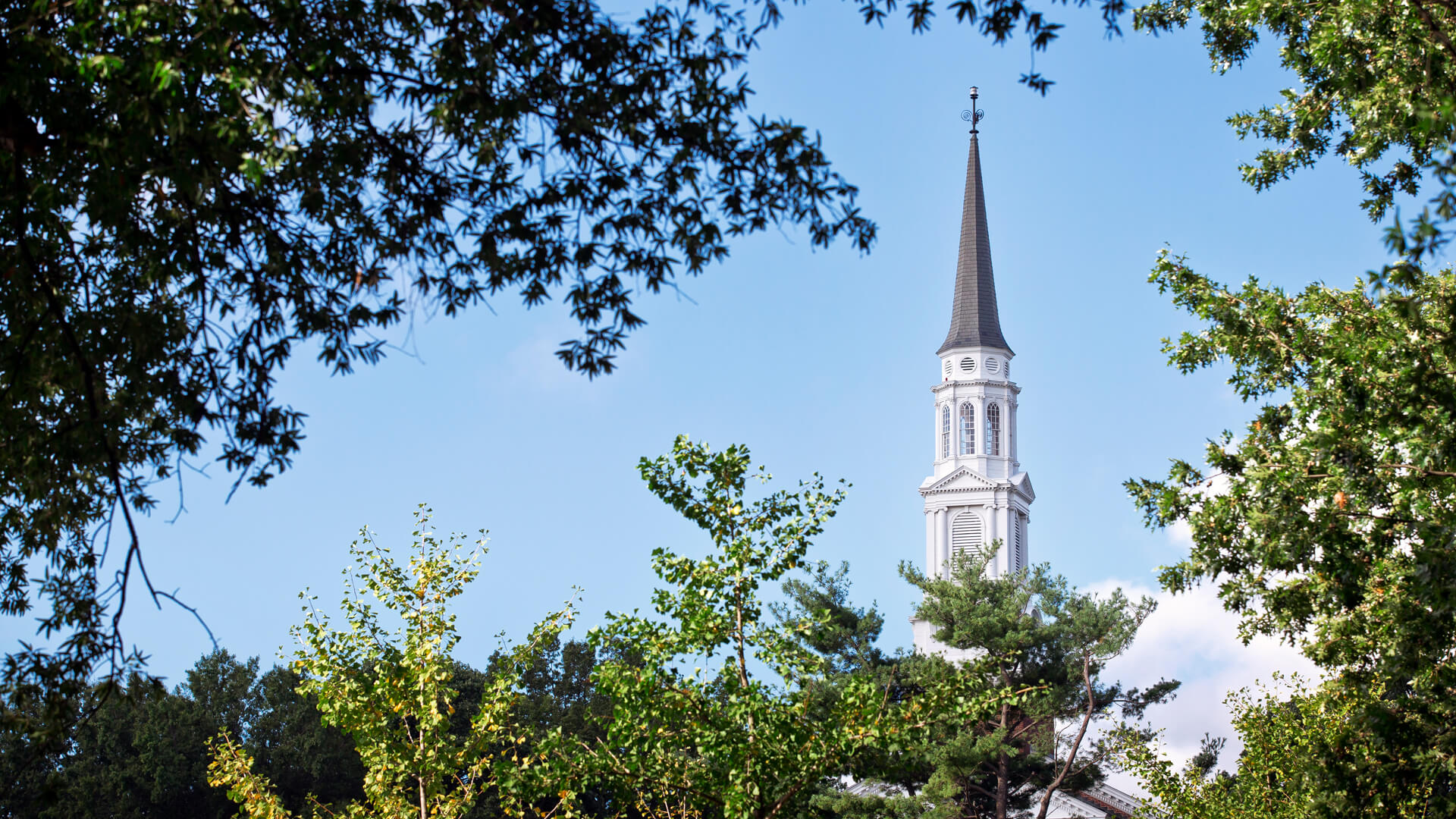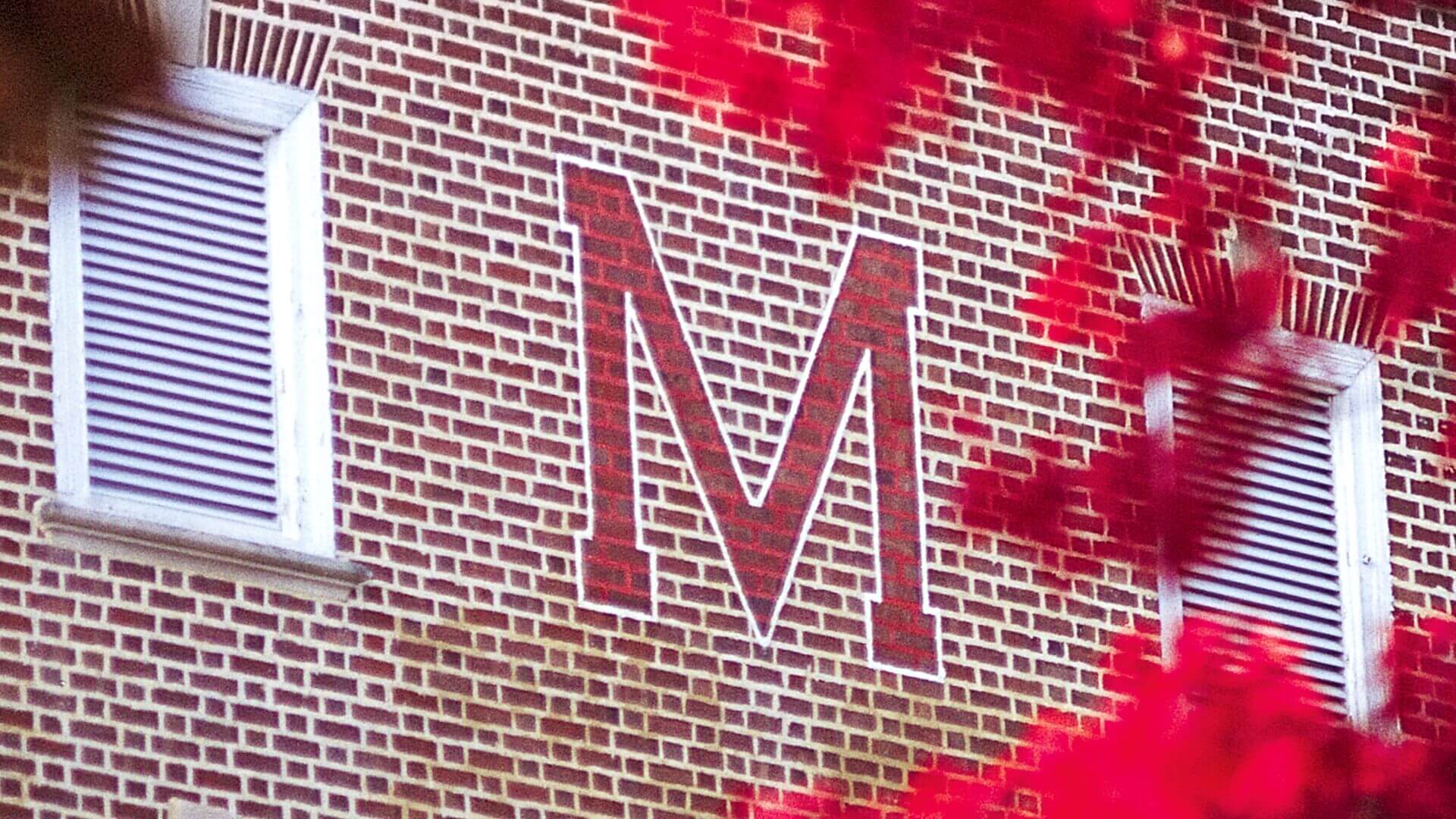
Via Maryland Today / By Aadit Tambe M. Jour ’21
Mini-Grants for Maximum Good
Shivani Shah ’20 couldn’t jump into her TV to help the men, women and children she saw on news reports fleeing bombing and terror from ISIS and the Syrian government. But, she later realized, she could help the refugee families seeking asylum in Prince George’s County.
The student organization that she soon founded, Peer to Peer, connects volunteers with new immigrants in high schools around the University of Maryland to provide academic support and after-school tutoring.
It’s one of the student-led projects which has grown through the Do Good Institute’s Mini-Grant Program, which supports student-led, student-run proposals that aim to create a positive social or environmental impact. The program expanded its focus this fall to prioritize projects related to COVID-19 and racial justice.
“We’re doing this really in response to the biggest needs in our communities and in our nation right now, as well as student interest,” said Cali Moore, program coordinator for the Do Good Institute. “Students are seeing these problems and really want to do something about it—and they have the energy and the skills to do it.”
A part of the Do Good Institute at the School of Public Policy, the program launched in 2013, awarding grants of up to $500. Applications this academic year are being accepted in three rounds: September, November and February.
“We’re hoping we can provide more funding opportunities for projects,” Moore said. “If there’s a team that has a lot of potential, but doesn’t make the cut the first time, they have the opportunity to come back and reapply.”
The program’s new structure includes four priority funding areas to individuals or teams: COVID-19 response; racial equity; community-centered initiatives, partnerships with local communities; and new and emerging teams (for first-time applicants).
Founded in 2018, Peer to Peer works with the International Rescue Committee in Silver Spring. The student organization received funding from the Mini-Grant Program in Spring 2019 and Fall 2019—as well as funding, personalized coaching and support from the institute's Accelerator Fellows program.
The money has been used for the transportation of its approximately 40 volunteer tutors, who go to schools multiple times a week to work with refugee teens, said Molly Schreier ‘22, Peer to Peer president.
This fall, the student organization hopes to continue work with high schools in the area, virtually, offering tutoring support during the week—and fun, arts and crafts activities over the weekends.



